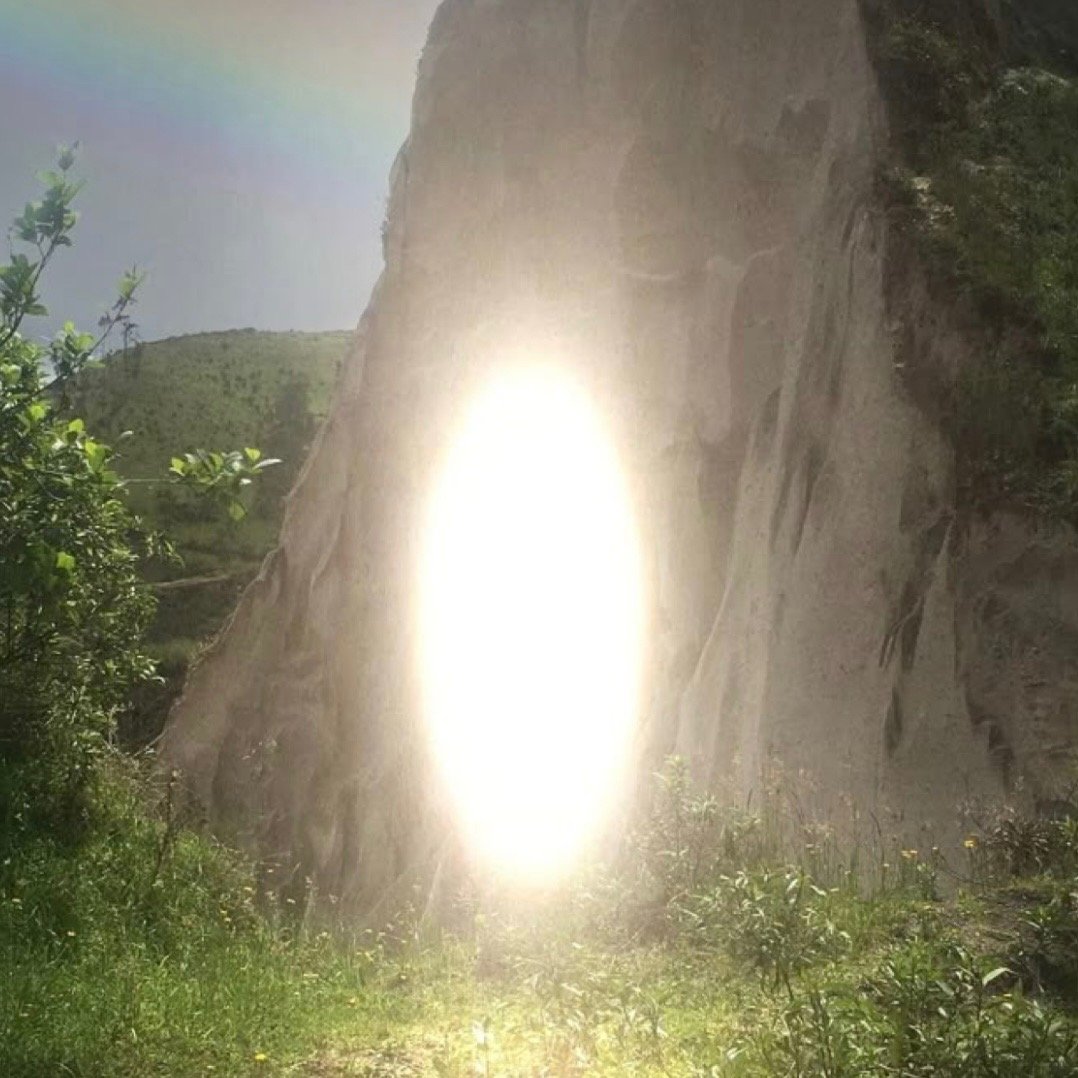THE DOOR OF CURIOSITY
There’s a door in front of you.
It wasn’t there yesterday—or maybe it was, and you just weren’t ready to see it.
It doesn’t ask anything of you. It doesn’t beg to be opened. It simply is.
And yet, something in you aches to know what’s on the other side.
I’ve felt this before. With music, with people, with parts of myself I didn’t yet understand. A song plays, and my first instinct is no. But something tugs at me. It unsettles me. It confuses me. And I’ve learned that this—this dissonance—is the feeling of a door appearing.
I walk away, but it lingers. I return, and suddenly, the song makes sense. No—more than that. It clicks into place, like a puzzle piece I didn’t know I was missing. And now? It’s my new obsession. It’s mine.
The same thing happens with people. With women. A woman enters the room, and something in me shifts. Do I want to be her? Do I want to befriend her? Do I want to kiss her? The mind scrambles for a label, a box, a way to define what can’t yet be defined.
But what if I didn’t rush to label it?
What if I just let it be—this strange, uncharted feeling?
Because this is what we do, isn’t it? We meet the unknown with judgment instead of curiosity. We’ve been trained to recoil from what we don’t understand, to armor ourselves against anything that might disrupt the fixed idea of who we are.
And women—especially women who are beautiful, powerful, undeniable—become walking mirrors, reflecting back the hidden desires, the suppressed truths, the subconscious contradictions in everyone around them. Society fears women like this. Society needs women like this. Because they are living proof that something more is possible.
We’ve seen it across history. The ones who disrupt, who expand, who expose what has been buried—they are idolized and demonized in the same breath. Desired and destroyed. Worshiped and burned. And why? Because they remind people of something deep within themselves.
And maybe that’s what’s happening to you, too.
Maybe that feeling—the confusion, the pull, the obsession—isn’t fear. Maybe it’s recognition. Maybe you are standing in front of a door to a part of yourself that you never knew existed.
And you have two choices.
You can judge it. You can shut yourself off, armor yourself, pretend you never saw it at all.
Or—you can be curious. You can play. You can press your hand against the wood, feel the weight of it, and wonder—what if?
And maybe, just maybe,
you open the door.


